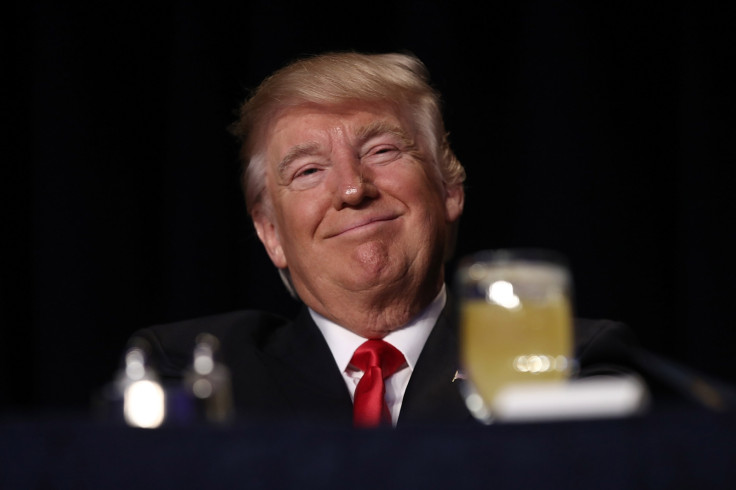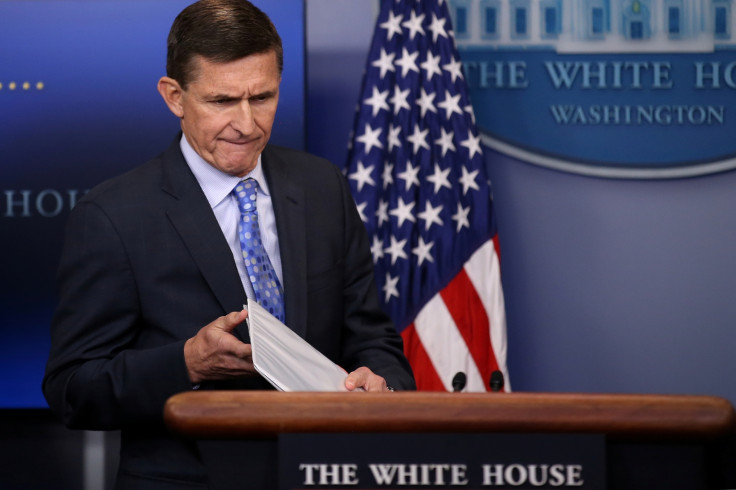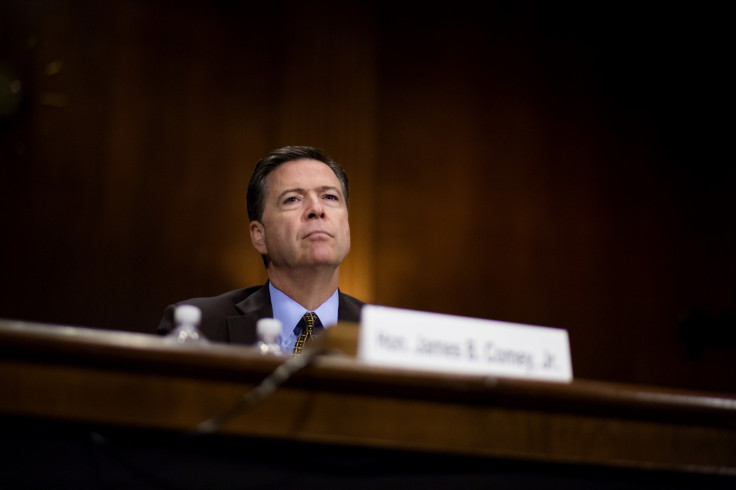There is no chance that Donald Trump will be impeached
Trump faces impeachment calls after claims he revealed classified information to top Russian diplomats.
Donald Trump was a big fan of boasting on the campaign trail. He said he was a great builder – the best in the world. He said he had a secret plan to defeat Isis in 30 days. He said he had a good brain and the best words.
One boast in particular stuck out. Trump said that, if he were in charge, the American people would win so much that winning itself would lose its appeal. He declared that they'd get sick of it.
Over 100 days into his four-year term as president, and the American people have not yet had a chance to get tired of winning.
The president himself does not seem to be winning all that much these days.
Indeed, ever since he took office, onlookers have predicted disaster. Commentators and political figures have issued constant warnings and predictions that the president may be impeached and barred from office. Such statements have only grown louder and more insistent in recent days.
Several blunders have made Trump's life difficult, including the deeply controversial firing of former FBI director James Comey, the man reviled by many for his handling of the investigation into Hillary Clinton's emails. He was once a man who many had down as a de facto friend of Trump.

Now something else has come out. Comey had apparently written a series of memos based on conversations he had with the president. One of those conversations seems to have concerned the fate of General Mike Flynn, who served very briefly as Trump's national security adviser before being forced out of office.
Flynn had been under investigation by the FBI at the time, and the president is meant to have asked Comey, who was leading the investigation, to either drop it or cut Flynn some slack.
This is not a good look. If true, this allegation points to profoundly unethical conduct on the part of the president.
But he will not be impeached. Not for this, not for the collection of unfortunate connections between Trump's campaign and a foreign power. All that is bundled together under the banner 'Russia' will not do for Trump.

The opposition Trump has faced has been profound.
Establishment Republicans tried to pull the plug on his candidacy for the presidential nomination of their party when they thought the joke had gone far enough. That did not work.
Many of the 'Never Trump' Republicans tried, in concert with Democrats and many others, to oppose his candidacy by any means in the presidential election proper. That also did not work.
Trump won and is now president of the United States; he is invested with a great deal of power, authority and prestige. His opponents could not accept that fact.
Many of these opponents, and many people in general, could not make peace with the fact that Donald Trump had won the election.
They could not take it for a number of reasons. They couldn't take his having played the system and winning on electoral college votes, but not having won a majority of the popular vote. They couldn't take his being so different – in style and substance, tone and technicality – from what had come before, so alien in many ways to the currents of recent American political history.
All of this led to the generation of a perverse kind of wishful thinking, a mental process that meant, for the faithful, every mistake or misstep could spell the end of Trump.
He has made mistakes – some of them very serious – and this has fuelled these happy but unsound thoughts. The fact that he was elected stands. And the bare fact of the composition of Congress also stands against this impassioned challenge.
For him to be impeached, Trump would need not only to have done something grossly, publicly illegal (which has not yet been proved and will likely not be, for all sorts of reasons). He would also need to be wildly unpopular – more unpopular than he is and more than he will ever likely be.
Finally, he will have to have stirred up great opposition to him in Congress, which again looks decidedly unlikely.

Both houses of Congress have Republican majorities. And all Republicans have by and large signed up to the Trump project, for better or worse. Republican lawmakers have made peace with Trump's victory and have done all they can to accommodate themselves in his ascent to the highest office in the land.
It will have been uncomfortable for some, even many, of them; but they have done it, at no small cost to their dignity and – in some cases – their sanity.
Practical concerns also predominate. Legislators of all parties are in hock to his voters – the sorts of people who like it when Trump shakes things up, rattles a few cages and generally makes life hard for folks in Washington. This is the major issue. There is no getting around it.
There is also another an essential point to contend with: the facts of public relations.
Even if criminality on the president's part were to be proven and even if a large majority of legislators could be prompted to move against Trump, removing a president this early in his term does not look like a last resort. It looks spiteful. It looks opportunistic. It looks anti-democratic.
Many voters did not give Trump their support at the ballot, but the impeachment of a newly elected head of state this early in his term gives new life to the absurd idea of a 'deep state' conspiracy aimed at undermining Trump in defence of special interests and entrenched power.
For all these reasons, Trump will not be impeached. Not now – not ever. With that in mind, it seems that he is almost guaranteed to remain in office for a full term, continuing as president until 2020. And even then, even after what will be difficult, bruising years ahead, he is more than likely, as the incumbent, to win another term in office, and to stay on for four more years.
© Copyright IBTimes 2025. All rights reserved.






















